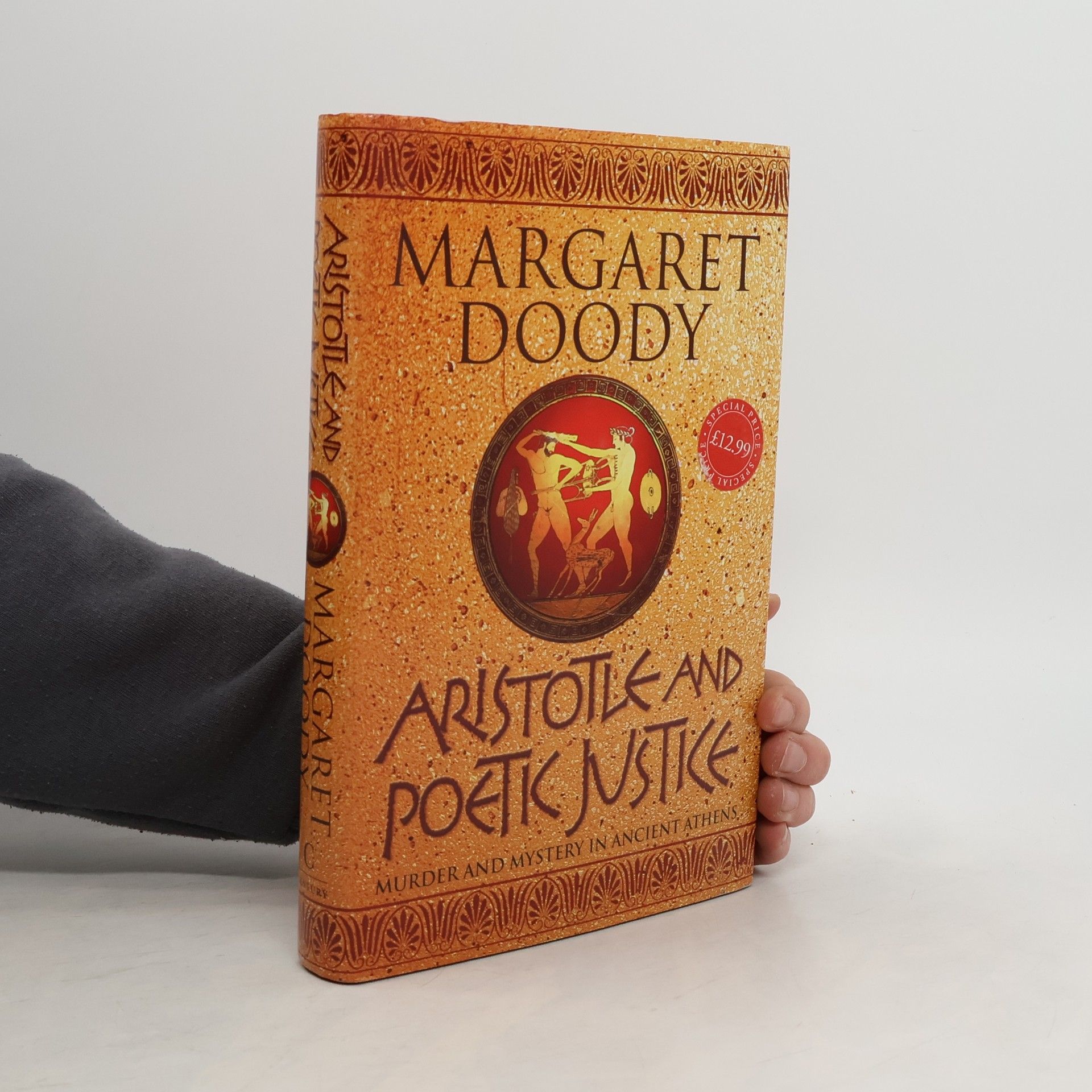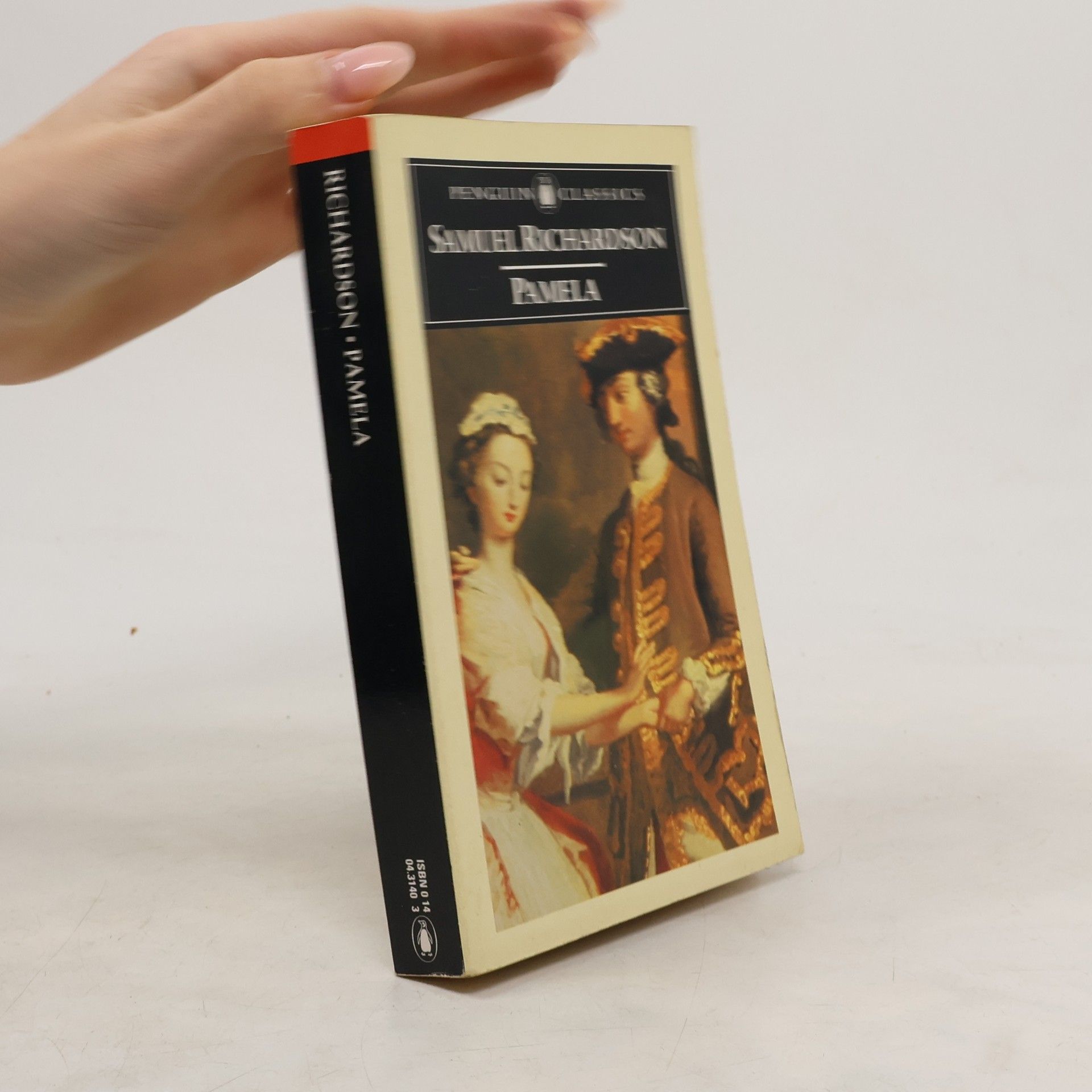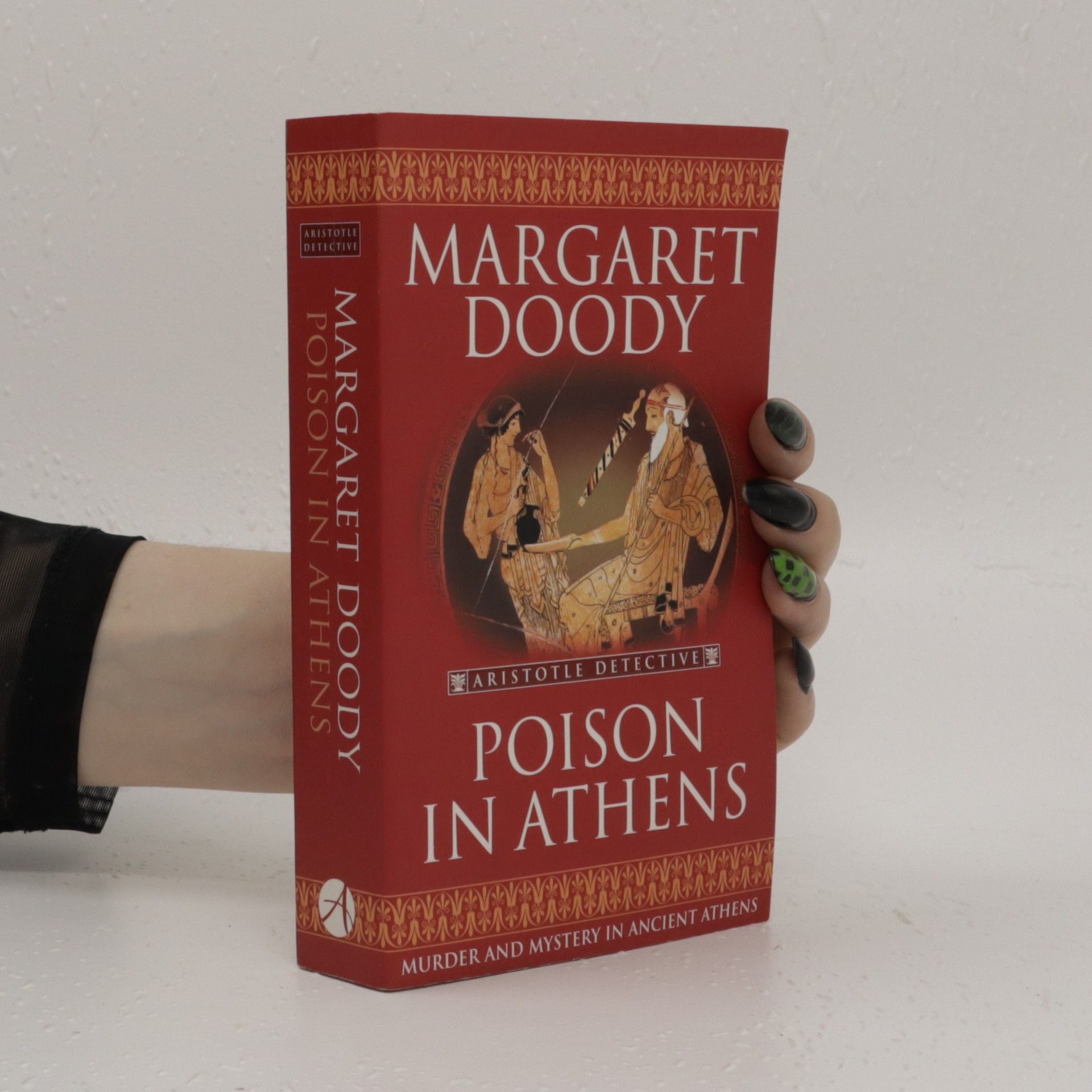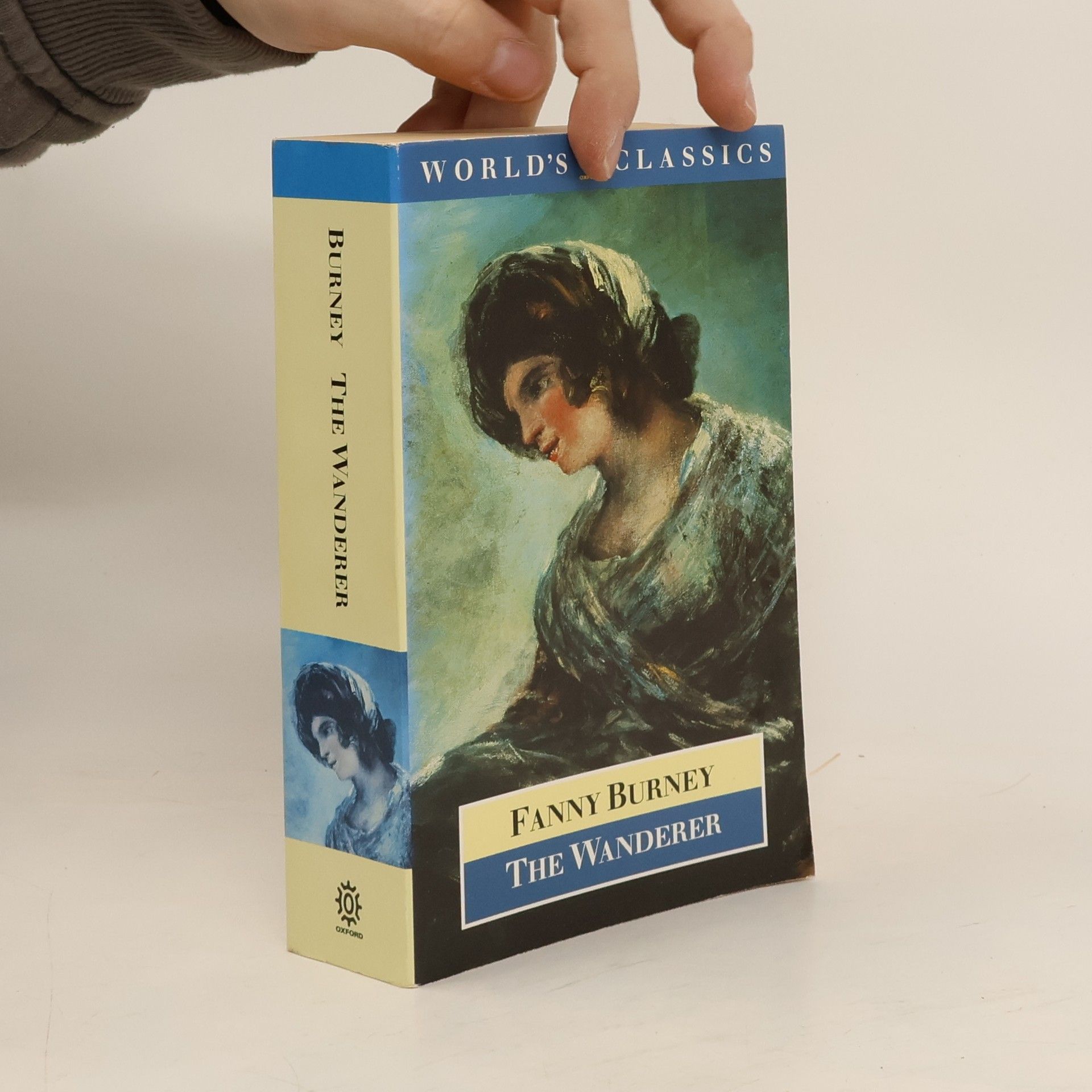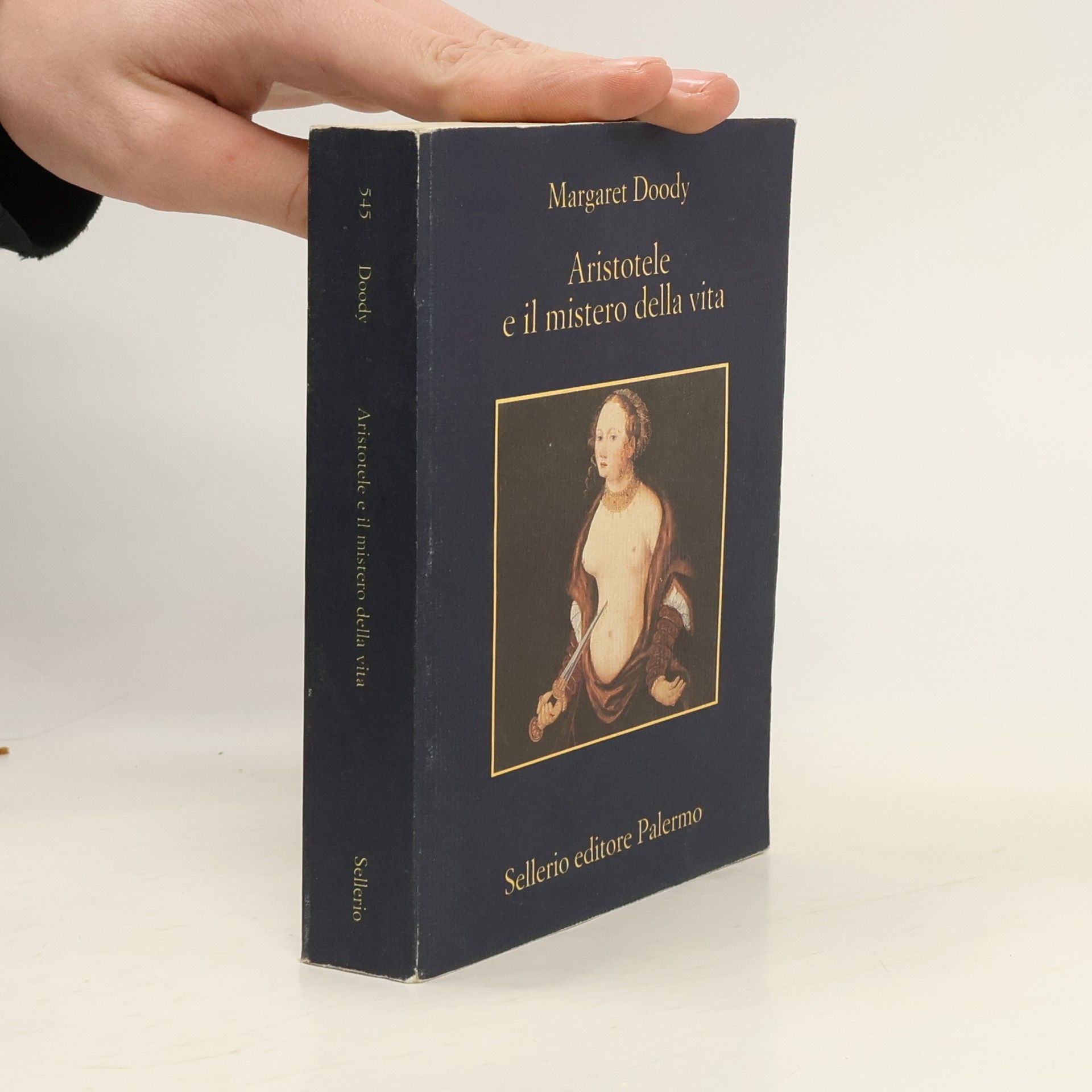Aristotle and the secrets of life
- 288pages
- 11 heures de lecture
It is summer, 330 B.C. The Macedonian Alexander the Great has conquered Asia Minor but now his armies are far from Athens, and those who support Athenian independence are beginning to chafe and plot against him. Foreigners, like Aristotle, and those suspected of befriending foreigners, such as Stephanos, are threatened. A series of threats persuades these two that they will be best served by quitting the mainland for a while. They both find suitable excuses: Aristotle has to transport a sick student home to Rhodos, while Stephanos must find a relative of his bride-to-be Philomela to clear up an inheritance dispute. With a varied cast of travellers they set across the Aegean to the sacred Isle of Delos, to Mykonos and beyond to the coast of Asia Minor. There they will soon be embroiled in investigating conspiracy and murder. But first they must survive life on the high seas where storms and piracy honour no man, least of all the greatest philosopher who has ever lived.
